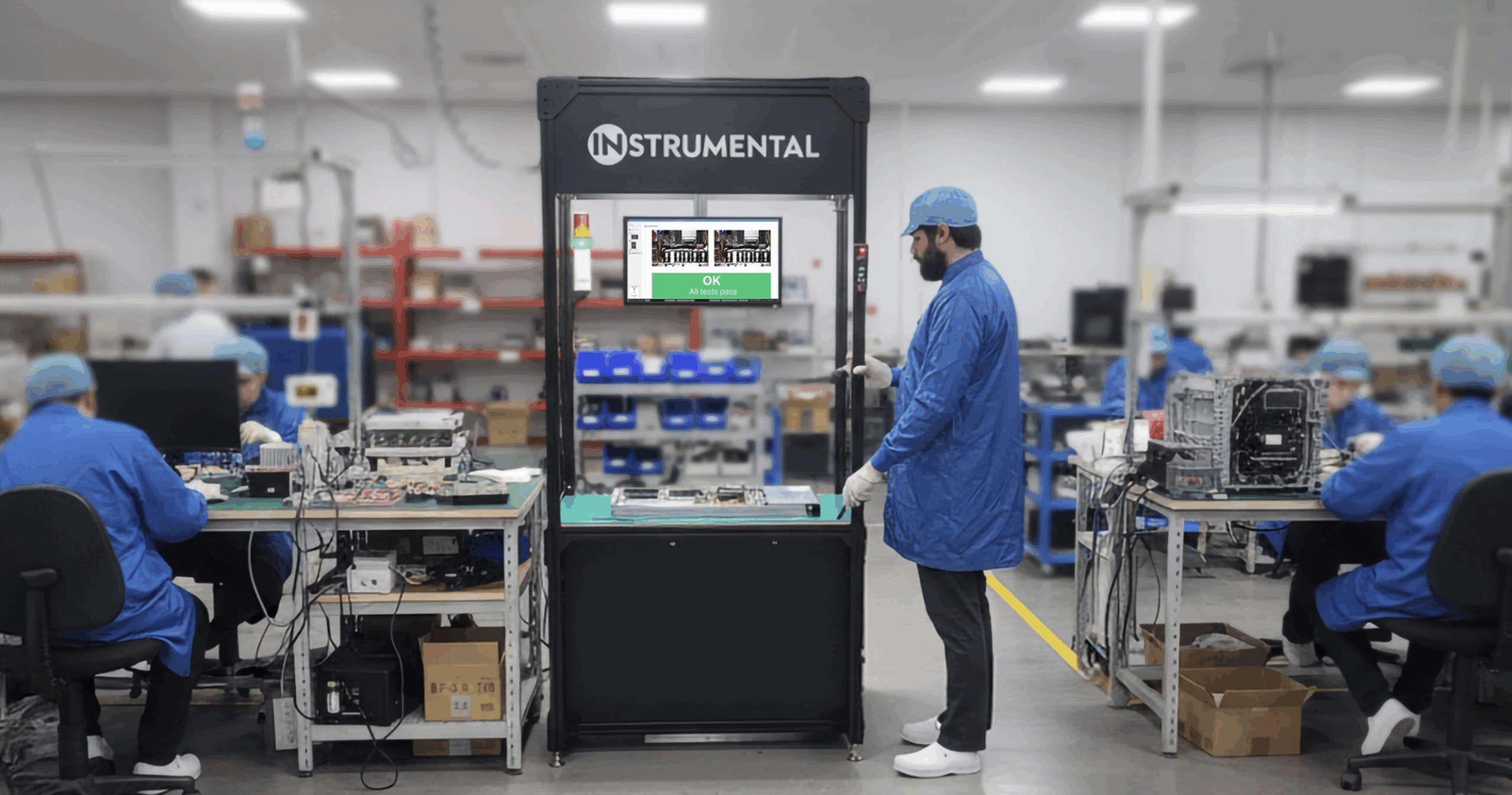Inspired by great anthologies such as Hackaday’s print edition Omnibus, we’ve put together a list of the ten most useful hardware articles from Instrumental from this past year. Whether you are working at a startup or a large company, these are for you. From specific tips to general rules of thumb, these ten articles contain distillations of years of experience from various members of our team. Enjoy!
10. The Shedletsky Test: 12 steps to better hardware development
12 company-size-agnostic questions to ask before starting your next hardware development cycle. If you are part of a hardware team, make sure to review this list as you start off the new year.
9. Cure your glue headaches with these best practices
Glue can be a nightmare to control: it can corrode, mar, and weaken products. At Instrumental, we’ve seen a lot of glue, with some scenarios going well and others going downhill. In this article we discuss best practices, how to select, prepare, and apply glue, and we review our favorite and least-favorite glues.
8. How to build a hardware tiger team
Principles for determining the size, makeup, and outsourcing strategy of any team embarking on a new hardware project. If you are wondering what are the most critical guidelines you should follow, here they are.
7. Serialize your units or be left without a trace
The case for serialization — a practice we consider essential for issue traceability and failure analysis. If you haven’t implemented this on your line yet, make sure you take a look at this article.
6. Advice from the field: Avoiding manufacturing surprises
Brendan Green, our Head of Advanced Manufacturing Operations, draws from his years of experience working with CM’s overseas to give the 411 on how factories operate, and what that means for the hardware teams that work with them. If you are working with a contract manufacturer, you might pick up something useful here.
5. Defining your measurement plan
You’ve designed your part and kicked it off for tooling — now how do you inspect your parts? We review what to measure, how specific to be, the importance of Statistical Process Control, and more. This is a timely article as many of our customer approach tool release or tooling revisions this time of year for their next-generation products.
4. The do’s and don’ts of troubleshooting manufacturing problems
A five-step DOE process, with recommended “Do’s” and “Dont’s” for each step to help you avert disaster. Read this to make sure you are getting the most out of your DOE’s.
3. Avoiding the two temptations of a failed build
How to assess your latest build and avoid common pitfalls when recovering from a failed build. If you ever find yourself in the middle of a build with an unexpected issue, make sure you read this article before you fall victim to these two common temptations that seem reasonable, but will lead to ruin.
2. Instrumental Reliability Test Kit
This comprehensive, 34-page guide includes instructions for common environmental, mechanical, and coating tests, drawing from our years of experience working with top manufacturers. Review this kit to make sure you are covering all aspects of reliability.
1. Hardware engineers speak in code: EVT, DVT, PVT decoded
While this article is technically from 2016, it remains one of our most popular ever. This article has become one of the leading results for searches on the topic, and has been used as a reference document by numerous teams we’ve talked to. Gathered from years of experience and hundreds of conversations with hardware engineers, we overview the purpose, typical quantities, things that go wrong, and exit criteria for each stage of hardware development. This article is a useful reference for any team looking to stay on schedule.
Deploy Instrumental on your line: Instrumental’s AI tools are designed from the ground up to help your team address pain points throughout hardware development and production — contact us to learn more. We’re currently deployed with Fortune 500 hardware brands at top manufacturing facilities around the world.
Work at Instrumental: Interested in joining us to modernize the hardware process? Check out Instrumental’s open positions. We’re interested in applicants from all backgrounds and encourage you to apply if you think there could be a fit.
Related Topics



